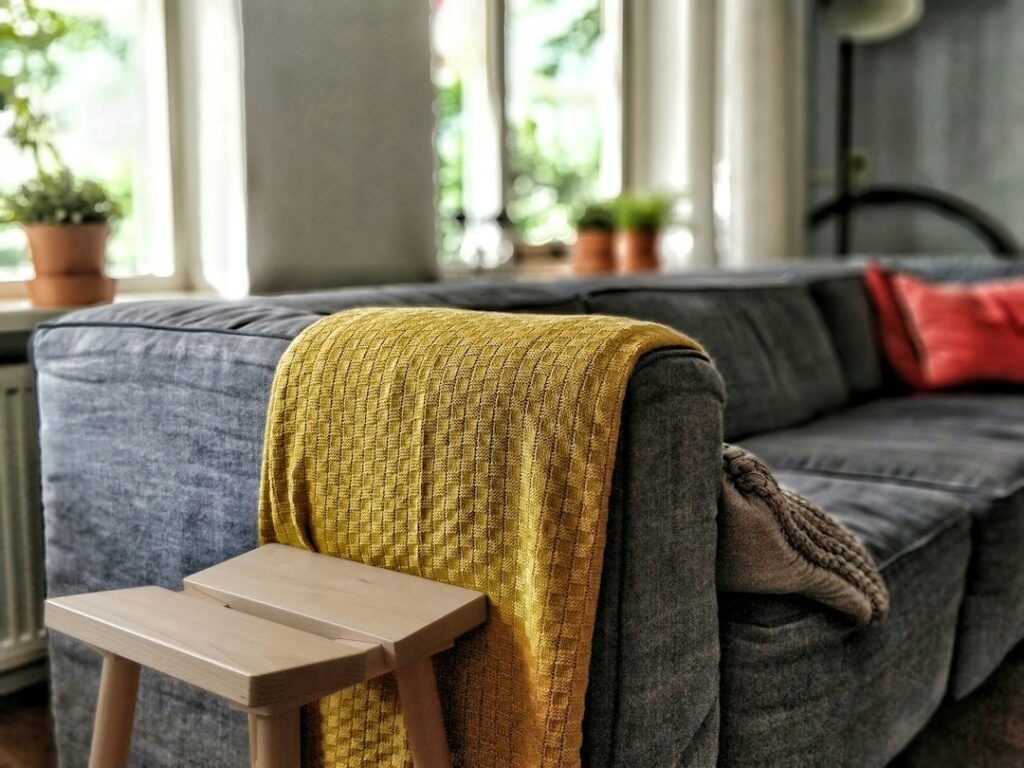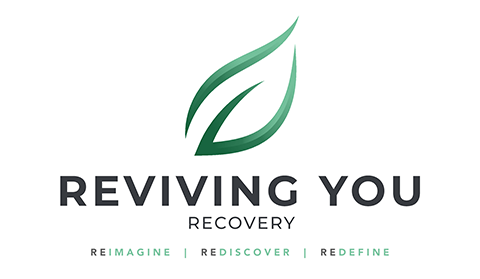How Sober Living Helps Clients Rebuild Their Lives Free of Distractions

When clients enter treatment, they begin the process of making substantial changes in their lives. As they transition back into their lives after treatment, they continue to make adjustments and use the skills they learned in treatment to rebuild their lives. However, living in a distracting environment can make this process very difficult. Sober living offers an opportunity for clients to live free from distractions. They have time and space to create new and healthier patterns that facilitate change in their lives, help them to live happier and healthier lives, and decrease the risk of relapse.
Sober Living
For many clients, sober living is a crucial step in the healing process and an important part of aftercare. Sober living is a structured environment where a client lives in a sober home. The rules of the sober living environment aid clients in living free from triggers or temptations that make it difficult for them to stay sober.
A sponsor is an individual who supports a client through their journey after treatment. Sponsors provide individualized support. They are a resource that is very valuable for clients, as they are the first people that a client calls.
Sponsors understand the challenges that a client faces and provide support every step of the way. This includes supporting clients through challenges such as triggers or stress. However, it also means celebrating the wins along the way.
Support Groups
There are many types of peer support groups that vary in their structure. However, peer support groups offer a chance for clients to connect and engage with others who are going through the same process of healing from addiction. Peer support is known to be highly effective and, therefore, serves as an important resource for clients after treatment.
In a peer support group, clients have the chance to build a support network after treatment. This support network is especially helpful as it is filled with others with whom clients can connect. Clients have the opportunity to bond with others, provide support, and receive support.
Clients in sober living live in a community of others who are on the same path toward recovery. The peer group can offer each other support and care as each member takes steps towards their recovery. As the peer group shifts, clients have the opportunity to live and be around a variety of individuals, which requires learning and improving communication and problem-solving skills.
Rebuilding in Sober Living
Sober living provides clients with an environment that truly supports their recovery goals, including social support, structure, and a distraction-free environment. All of these aspects are accurate predictors of a client’s success in recovery, and therefore, sober living is an important step in the path to effective recovery.
Living Distraction Free
A client’s environment affects their feelings, thoughts, and actions. When a client returns to their home environment after treatment, many factors in their environment can distract them from their goal of recovery. This includes others living in their environment, the presence of certain substances, or the feel of the environment.
However, in sober living, the environment is distraction-free. Clients have not lived in the environment before and, therefore, are unlikely to experience the same triggers they have at home. In addition, the environment is created to support their sobriety. This means that the rules and regulations help to decrease distractions that make it difficult to stay on the path to recovery.
Get Your Questions Answered Now
Semi-Structured Environment
In addiction treatment, clients live in a highly structured environment. This is due to the value of structure in helping clients make changes that aid in their treatment and recovery. However, when a client returns home, there is none of this structure available.
Sober living offers a semi-structured environment. This means that clients have a stepping stone towards going home. Sober living provides clients with a chance to practice skills. They can work with peers to improve and understand the value of structure in their lives and learn how to build helpful structure in their lives after sober living.
Benefits of Sober Living
Sober living offers many benefits. As a result, sober living is offered as part of the aftercare program at Reviving You Recovery. Clients in sober living have a decreased risk of relapse. Additionally, it serves as a way for clients to take small and important steps. These steps lead the way to lasting recovery.

Decreased Risk of Relapse
The time immediately after treatment is a risky time for clients. They have learned many skills in treatment. In addition, treatment has helped them to understand their unique root causes. However, returning home can be very challenging. It puts the client in the line of many triggers and stressors that contribute to their addiction.
However, sober living at Reviving You Recovery offers an alternative. Sober living helps clients decrease their risk of relapse. It does so by providing them with a safe, structured, and supportive environment. This is particularly important just after treatment when they are at a higher risk of relapse.
Small Steps Leading to Lasting Recovery
For clients to have lasting recovery, they need to rebuild their lives. This process is different for each client. However, it is a series of small steps. Each small step leads to the next. These small steps seem unimportant, but they are not. The size of the stage is less important than its effectiveness. Sober living is a chance to take a series of small steps that truly help clients build lasting recovery.
In sober living, clients live with peers working towards the same goals. As such, they have the opportunity to work on communication and life skills with others. While this is a smaller step than moving home, it is highly effective. It helps clients build these skills, practicing them in a manner in which they truly integrate them into their way of living.
We Accept Most Insurances
We are in network with:









We know insurance coverage can be a source of uncertainty for people. We make sure you have all the information necessary. The great news is health insurance can potentially cover the total treatment costs. If you don't have insurance, we offer cash payment options for our treatment programs and are committed to working with clients regardless of financial situations.
